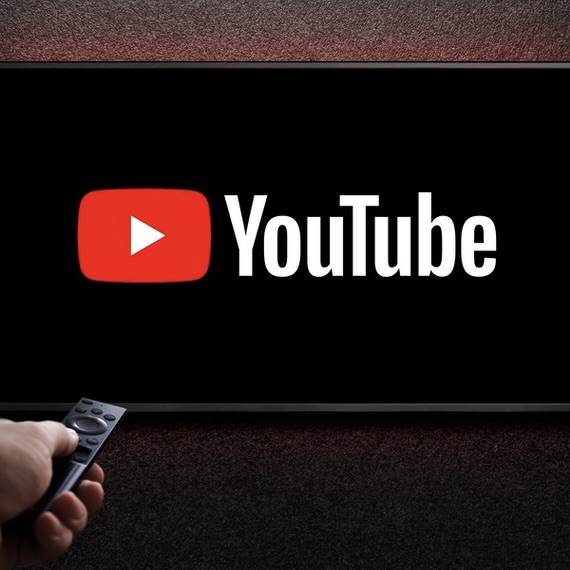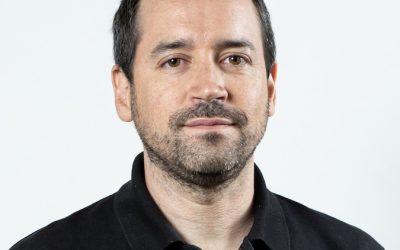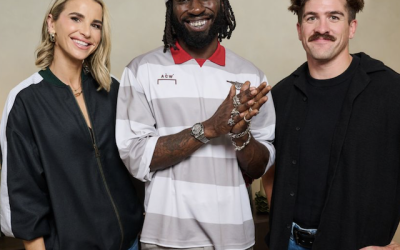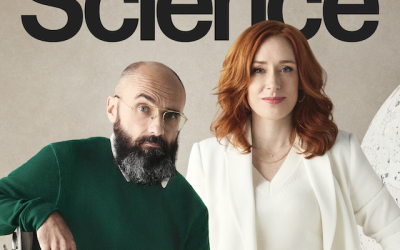Video sharing platform YouTube has today released the findings of its Creator Consultation, announced at the end of 2024. Backed by almost 10,000 creators including Amelia Dimoldenberg and Brandon Baum, the report calls for “greater recognition and support for the creator economy.”
Although the sector is worth over £2 billion to the UK economy and supports more than 45,000 jobs, YouTube found that over half (56%) of UK creators don’t feel they have a voice in shaping government policies that impact their work. Meanwhile, 43% think their value is not recognised by the broader creative industry.
The consultation, which was overseen by YouTube UK & Ireland managing director Alison Lomax, found that just 17% of creators feel adequately supported in essential areas like skills and training, while only 7% feel supported when it comes to securing capital and business loans.
Based on these findings, YouTube is urging the government and creative industry to “recognise content creators as a profession, given their profound economic and cultural contributions to the UK’s creative industries”.
It has also come up with a series of practical recommendations:
Government recognition: Formally appoint a Minister for Creators, by acknowledging the creator ecosystem under a Minister’s roles and responsibilities, particularly given the export opportunity for creators.
Industry representation: Ensure creators are represented on the Creative Industries Taskforce/ Council alongside the UK’s other leading creative sectors.
Skills & training: Build on the skills announcement in the sector plan to develop a new accreditation system for modular training, whereby creators can access short courses that develop business, creative and technical skills using “microcredits” eligible for the Growth and Skills Levy.
Access to finance: Update HMRC’s SIC codes to better cater to the creative industries, with a clear category for “creators” ‒ and update the Business Income Manual to provide more tailored guidance for creative workers.
Filming and infrastructure: Publish national guidance regarding filming in public, with small business exemptions that allow creators a right to film without a permit where they are using small crews and basic equipment.
Alongside the Consultation, YouTube is partnering with the National Film & TV School to launch a ‘Creator Incubator’, a new programme designed to cultivate technical skills among the next generation of creators. This is the first course of its kind in the UK, built specifically for creators, by creators — helping participants learn to scope, plan, and build their publication schedule to improve audience engagement and the production quality.
With the government distracted by various crises, it is not clear how quickly it might act on YouTube’s findings. But the UK’s Parliament has indicated a willingness to listen in the past.
When YouTube announced the consultation in November 2024. Caroline Dinenage MP, Chair of the Culture, Media and Sport Committee, said: “Creators are using YouTube to develop and showcase their talent in ever more impressive and innovative ways. If the UK is to reap the rewards of this creator boom in the form of investment into the country and global soft power being exported out, then Government needs to understand what conditions will best support this germination of talent. That’s why this YouTube creator consultation is so timely, and as Chair of the Culture, Media and Sport Committee I look forward to seeing its findings.”




